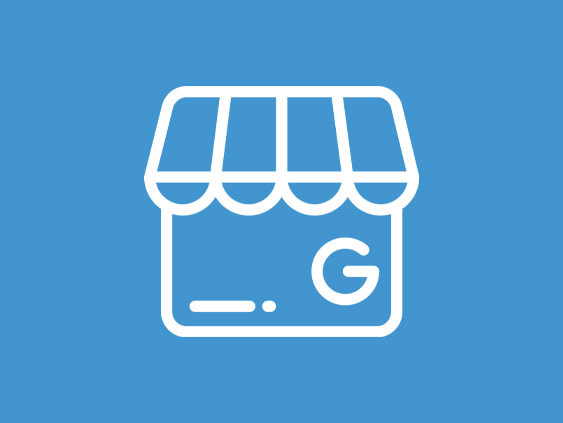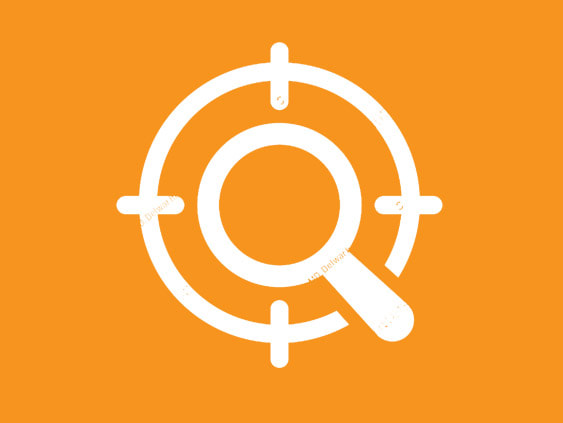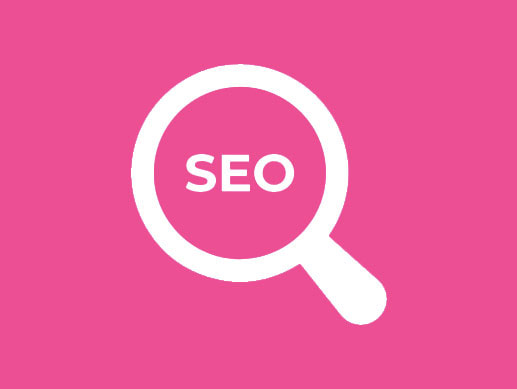|
If you don’t currently have a Google Business Profile (formerly Google My Business) you are missing out on a fantastic, free tool that gives your customers access to vital information such as your business operating hours, contact details, location and much more besides. Google is a huge deal when it comes to search engines - it has 92.66% of the search engine market share (Search Engine Market Share Worldwide - June 2023) indeed its name has become synonymous for searching online for something. Why You Need a Google Business Profile
If your business has contact with customers, including those with a physical location such as a hairdressers, or you provide services requiring meeting with customers at other locations such as a plumber or electrician then you are eligible to set up a Google Business Profile. Google Business Profile gives you the opportunity to list your business location on Google Maps and Google local search results - your target audience will have instant access to your exact location and any other important information they may need:
Getting seen online is not always easy, competition is tough and it’s hard to know if anyone will see your business. A Google Business Profile puts your business on Google maps and Google search making it much easier for customers to find you online and makes your physical business location easier to find too.
A Google Business Profile Can Help Your Business Grow Your business profile will be among the first Google search results after the sponsored ads. Being near the top of the search results has many obvious advantages including increasing traffic to your website. Not only that, your profile will appear higher in local search results - helping you target your audience. Another great advantage of your Google Business Profile is the customer reviews - reviews are essential in order build trust and credibility. Increase Visibility, Increase Awareness, Increase Sales There really are no reasons not to set up your Google Business Profile - if you need help setting yours up we can help guide you through the process, including showing you how to update your business details and add posts to your profile. Recent Update To Google Privacy Policy Google recently updated the inactivity period for a Google Account for two years (across all of their accounts and services). The change is now active and applies to any Google Account that hasn’t been used or signed into within a two year timeframe. The earliest date that inactive accounts (and any content) will be eligible for deletion would be December 2023. You will receive reminder emails if your account is inactive before any action is taken so you’ll have plenty of time to sign-in and prevent your accounts from being deleted if you still wish to keep them. Find out more about Google’s inactivity policy here. Need more help? Contact us for more information.
2 Comments
It’s a common misconception to assume SEO is still simply about keyword optimisation, it is so much more than this now. So what does SEO stand for and why do you need it? What is SEO?
In simple terms Search Engine Optimisation (SEO) is anything we do to improve the ranking of our website on search engine results. So that's everything from your website design to your content.
How to prepare content that is SEO ready for your website In order for your website content to improve your SEO it’s essential you have relevant keywords and key phrases:
Most importantly, seek out a good web developer and marketeer and discuss your needs with them. It’s low cost with the potential to boost your business and it’s an essential way of keeping ahead of your competitors. Got any burning SEO questions relevant to your existing website? Drop your questions below, we are happy to help. Myth 1: I have a website, so people should be able to find me... right? Busted: Lots of work goes into building a website, if you have completed all your page titles, descriptions, image alt tags, this is the first step in being found in the search engines. Myth 2: SEO is instant.
Busted: SEO work completed this week might not be indexed by search engines for days, even many weeks. It takes a while sometimes for search engines to crawl and index your website pages. Myth 3: I just need to fill my website with keywords...right? Busted: SEO is more about good quality relevant content that isn't too repetitive. It still has to make sense to the reader! Myth 4: SEO is very expensive. Busted: You can get good results on a small budget if you invest time in creating good content and building online relationships. Myth 5: I'm finished... my website is complete and I have added my chosen keywords to my website, social media? I don't need that... what is the point? Busted: Your website is never finished! Search engine optimisation is always on-going, don't forget your competitors change with trends, you have to always be on your toes. Social media activity can have a significant effect on your SEO work. Don't forget millions of people login to Facebook daily, being connected to this hive of activity is going to have an impact on your results over time. Do you have any SEO myths you would like busted? If so, please share them here: |
PrescriptionMedicated news to revive you and your business. Categories
All
Archives
December 2023
|
Get Connected
Visual Treatment and Cures |
Email Newsletter RemedyReceive a monthly prescription of Email Newsletter Remedy.
|
FREE Consultation
|
Contact
Our Team
|
© Copyright Creative Remedy 2023 | Terms & Conditions of Sale | Terms of Use | Privacy Policy | Cookie Policy
Creative Remedy provide a wide range of visual treatments and cures: Website Design & Website Development, Marketing & Digital Marketing, Logo Design & Branding, Email Marketing, SEO & Blogs & Content Creation, Social Media and Other Ailments in Peterborough and greater Peterborough, Cambridgeshire.




 RSS Feed
RSS Feed









